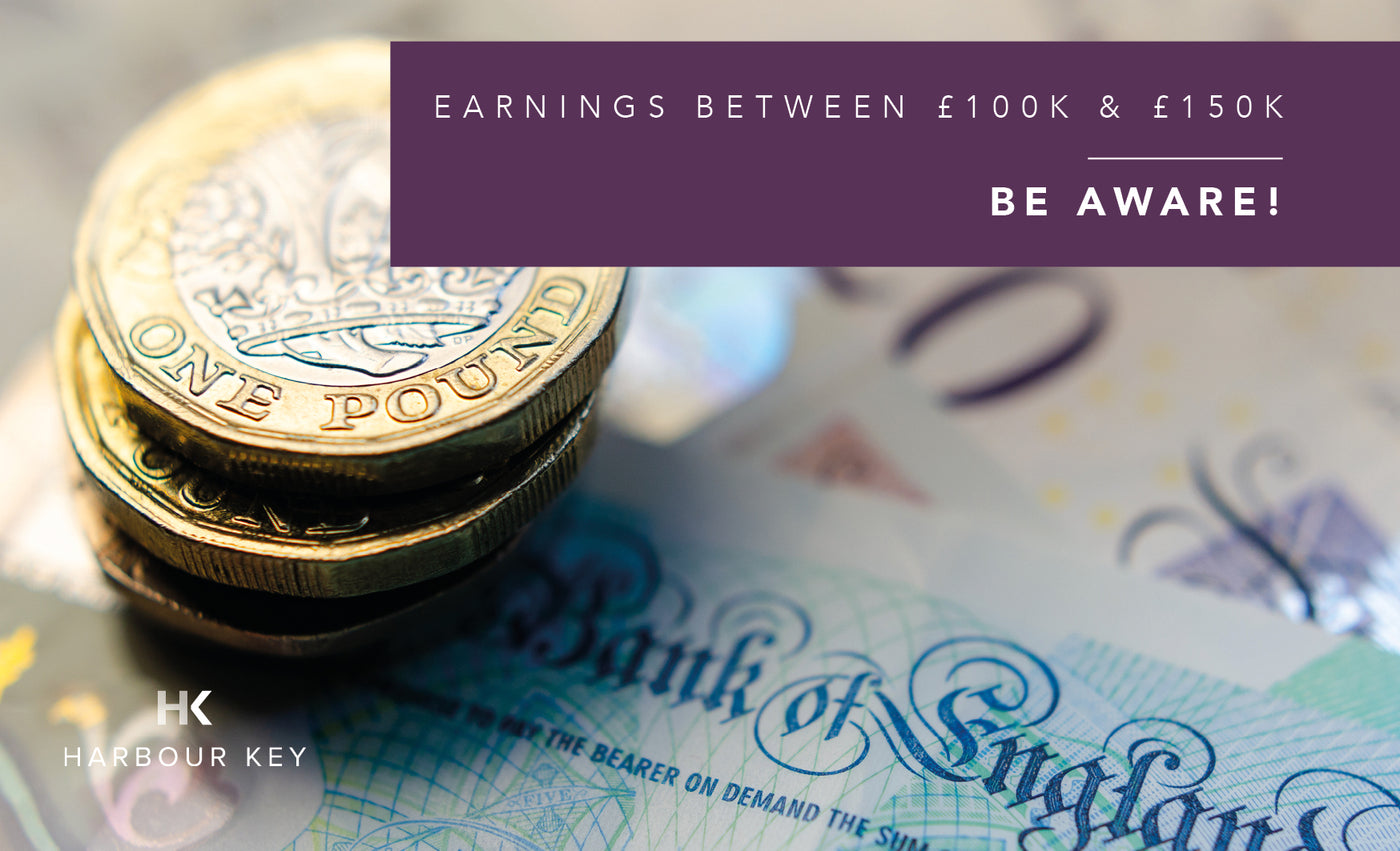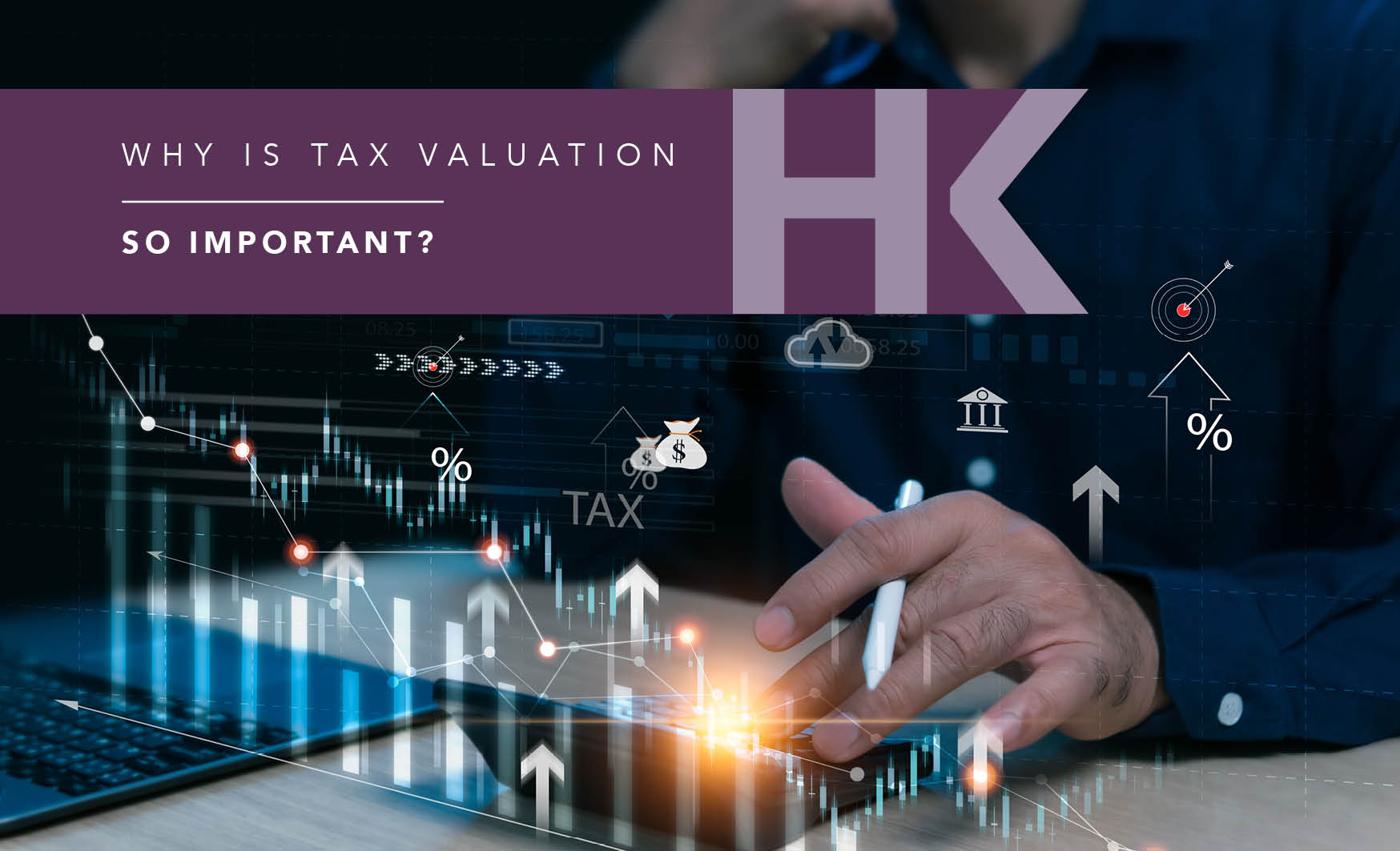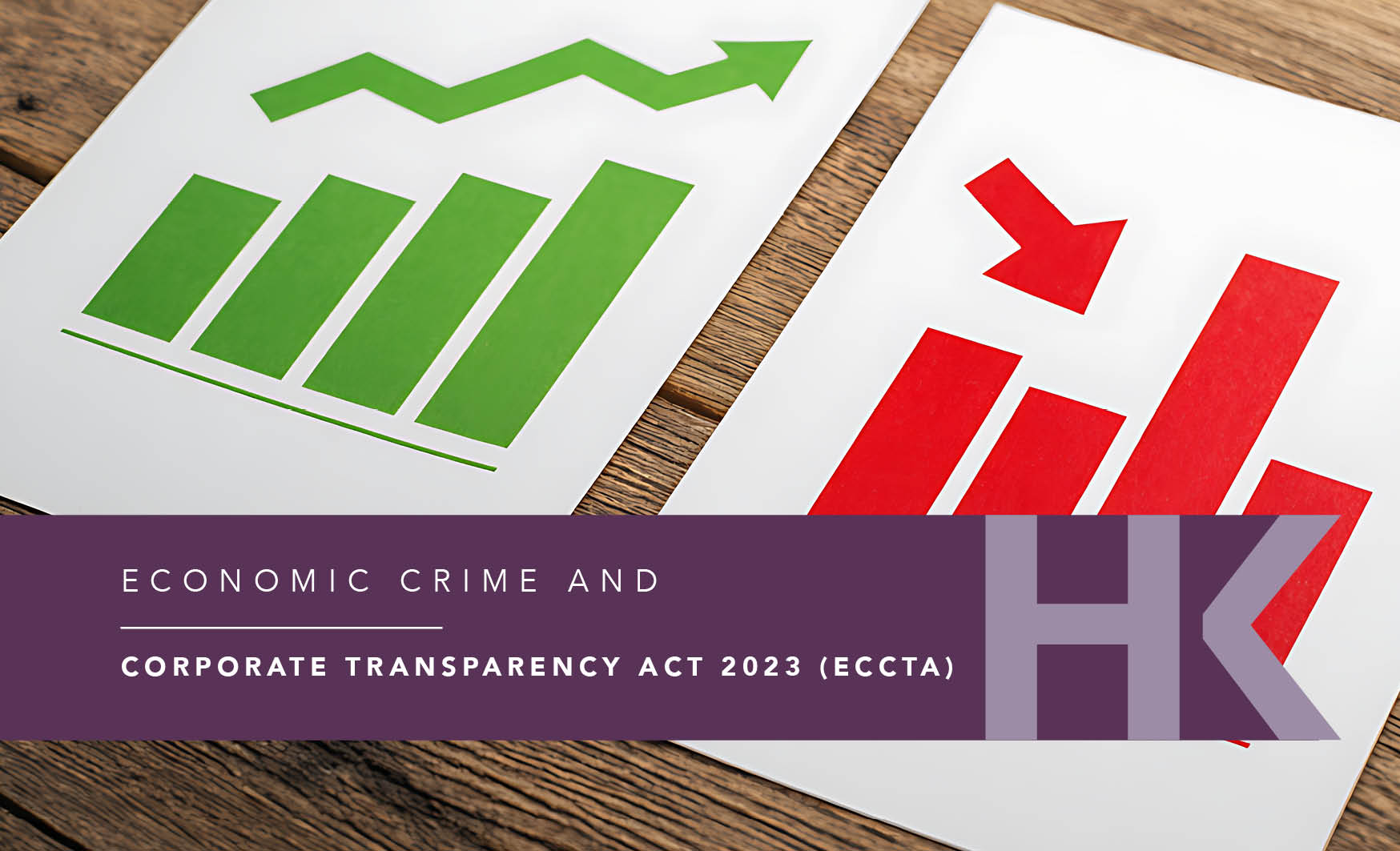
Anyone earning between £100,000 and £150,000 will have received a letter from HMRC advising them about significant changes to the rules on the requirement to file a tax return. Individuals earning between £100,000 and £150,000 will no longer automatically have to file a self-assessment return if they are paid through PAYE and have no other income, after the employment income threshold was raised for the 2023/24 tax year.
HMRC has sent letters to affected taxpayers ‘to confirm that they do not need to complete a tax return, if they submitted a 2022-23 tax return showing income of between £100,000 and £150,000 that is taxed through PAYE, and they do not meet any of the other criteria for being in self-assessment. For the 2023-24 tax year, taxpayers will still need to submit a tax return if their income taxed through PAYE is below £150,000 but they meet one of the other criteria, such as:
- they receive any untaxed income over £2,500;
- they are a partner in a business partnership;
- pay the high income child benefit charge (HICBC);
- are self-employed with gross business income over £1,000.
From the tax year 2024-25 onwards, the income threshold to complete a tax return for PAYE only taxpayers will be removed completely. Taxpayers will still be required to submit a return if they meet any of the criteria listed above. HMRC recommends people use its online tool to check if they need to submit a tax return.
Prior to 6 April 2023, taxpayers with earnings above £100,000 were required to file a tax return, even if all income was taxed at source through PAYE. This threshold increased to £150,000 from 6 April 2023 and was removed altogether from 6 April 2024.
This is all good news, but taxpayers need to be wary, if HMRC informs that there is no longer need to file a tax return, taxpayers often incorrectly assume they no longer have tax to pay. However, it is never that simple, with rising returns on savings and investments, taxpayers should be aware that interest will still be directly subject to income tax if it exceeds the personal savings allowance of £1,000 for basic rate taxpayers and £500 for higher rate taxpayers. Additional rate taxpayers receive no allowance. Similarly, dividend income will be directly subject to income tax if it exceeds the dividend allowance, which is currently £500 (£1,000 in 2023/24).
Banks are required to notify HMRC of interest and HMRC will then seek to collect tax through a PAYE coding adjustment in the first instance. If taxpayers do not have sufficient PAYE income to collect the tax on savings and investments or if there is a delay in HMRC becoming aware of an amount of savings or investment income, HMRC will notify the taxpayer with a tax demand. This will come as a shock as it is not uncommon for taxpayers to receive tax demands or PAYE code adjustments for unpaid tax up to four years after the tax year in which the bank interest was paid.
Take the Nationwide Building Society Loyalty Bonus – If you were one of the lucky members of the Nationwide, who received the £100 loyalty bonus, please note for tax purposes, this is treated as normal bank interest. In most cases it will be covered by your savings allowance of £1,000 (£500 for higher rate taxpayers). Taxpayers who pay income tax at 45% on savings do not benefit from a savings allowance, so they will have to pay £45 in tax on the bonus.
Taxpayers should be aware that there is no similar notification mechanism for dividend income, so taxpayers with taxable dividends of more than £500 but less than £10,000 will now need to inform HMRC themselves to have the tax collected. Taxpayers can notify HMRC of their other income, such as dividend and savings income, through the Personal Tax Account or through the PAYE helpline.
Although issues with HMRC’s customer service and difficulty contacting HMRC, it remains the obligation of the taxpayer to notify HMRC of untaxed income and ensure their tax affairs remain compliant.
A final trap is that HMRC does not always automatically remove taxpayers from self-assessment if they no longer meet the filing criteria. If taxpayers rely on HMRC to get this right, and they have no other untaxed income, they could find themselves burdened with an unnecessary administrative task, along with the threat of penalties for non-compliance.
The take home, is that although HMRC says you don’t have to file a tax return, you need to monitor your circumstances, and where required notify HMRC of the need to amend your code to collect the tax, where your income exceeds the coding adjustment level, you must register by 5 October following the end of the tax year and file a self-assessment return in order to avoid late registration penalty charges and late tax payment penalty and interest charges.



